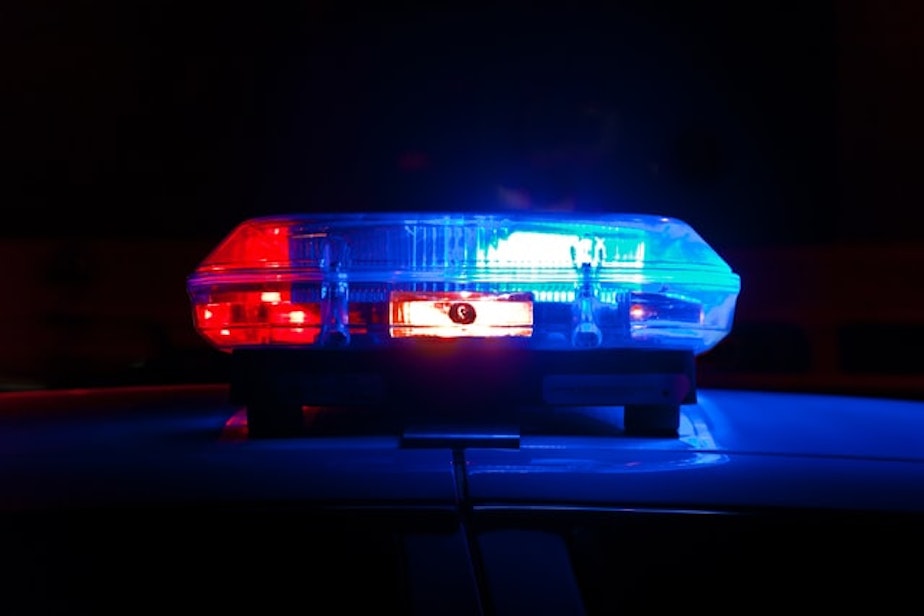Should police pursuit rules be looser in Washington? Lawmakers weigh the issue

Public hearings on three of six Washington state voter initiatives continued Wednesday. The initiatives, which surround issues including police pursuits, parental rights, and local income taxes, are part of a group of six Republican-backed proposals that received hundreds of thousands of signatures from supportive Washington voters in 2023.
The conversation Wednesday was tense over Initiative 2113, which would loosen certain limits around when police can engage in car chases. People who support it say police need more leeway to do their jobs, but people against it say it could make Washington streets even more dangerous.
Sponsored
During the hearing on police car chases, lawmakers asked a lot of questions about the initiative's impact. I-2113 is the only measure heard this week that would make substantial changes to existing state law. The Legislature initially passed tight rules on police car chases in 2021 as part of a suite of police accountability policies, but loosened pursuit rules during the 2023 session after complaints from law enforcement that the original policy was too limiting.
A staff presentation highlighted the differences between the original rules, current law and the initiative, showing that the proposed measure would further scale back key parts of the existing law, but not all of it. Supervision and training requirements – as well as the requirement that a pursuit be less risky than losing a possible suspect – would remain unchanged.
But the measure would change part of the state's current law that says officers must have "reasonable suspicion" that a person in a fleeing vehicle committed a specific type of crime – including sex offenses and violent crimes – and that the person poses a "serious risk of harm" to others.
The initiative would broaden the list of offenses that could prompt a pursuit – it says an officer could pursue someone they reasonably suspect broke "the law." It also says the officer could pursue if that person poses a "threat to the safety of" other people.
The wording changes may seem like a minor distinction, but opponents and supporters of the measure argue those few words have a major effect on how police do their jobs.
RELATED: Parental rights ballot gets support, little pushback in Washington state legislative hearing
Sponsored
"No one wants more pursuits, however overly restrictive laws that allow fleeing from law enforcement to be a 'get out of jail free card' are not a solution," said James McMahan, policy director for the Washington Association of Sheriffs and Police Chiefs. He added that officers have reported more drivers refusing to stop since the original law went into effect.
Meanwhile, policing expert Geoffrey Alpert, a professor at the University of South Carolina, said the initiative's language could lead to more dangerous, fatal pursuits, depending on how officers determine whether or not someone poses a threat to others.
"It's all over the board, and it depends on training and it depends on supervision and accountability," he said.
Alpert also highlighted how eased limits on police car chases played out in Milwaukee, Wisconsin, where local reporting shows police car chases surged after officials loosened their restrictions in 2017 to allow pursuits of reckless drivers.
Wednesday's hearing in Olympia also coincided with a new investigation from the San Francisco Chronicle that examined the dangers of police pursuits.
Sponsored
Sponsored
What's next
All three of the initiatives are scheduled to be voted on in their respective committees on Friday.
Sponsored
If the measures are approved in committee, they will then head to the floor of each chamber, where lawmakers will ultimately decide whether or not to enact them.
The Legislature cannot change the initiatives in any way, but they could decide to instead approve an alternative for voters to consider. The alternative would be placed on voters' ballots alongside the original initiative proposal, giving voters the opportunity to choose which they want to see put into law.
Lawmakers have until March 7 to enact the proposals or send them to voters. [Copyright 2024 Northwest News Network]



